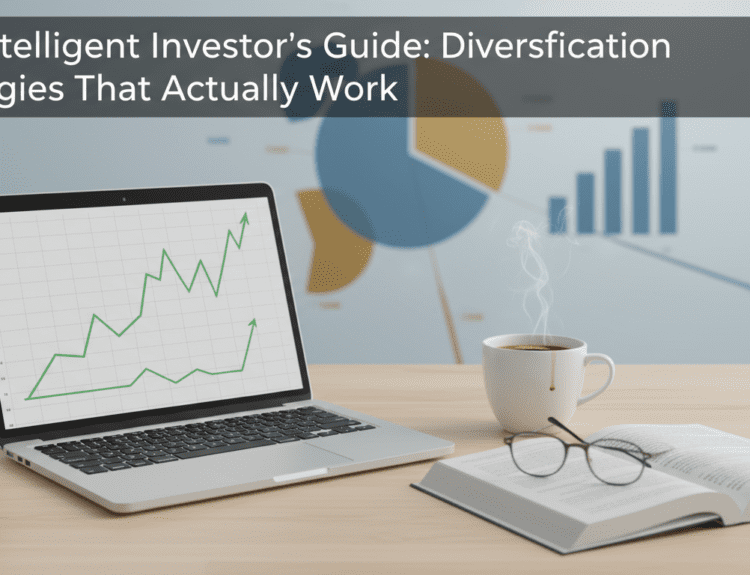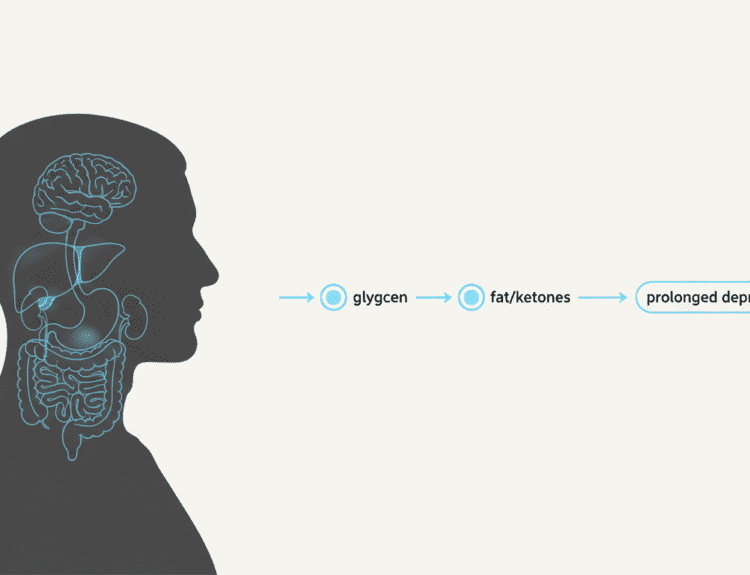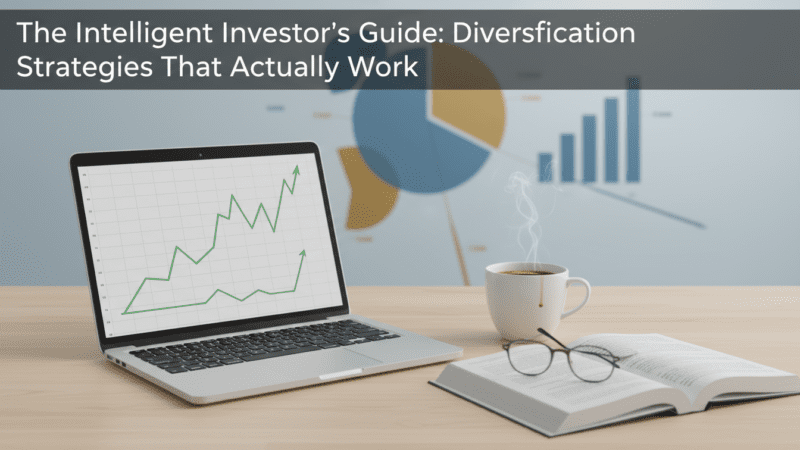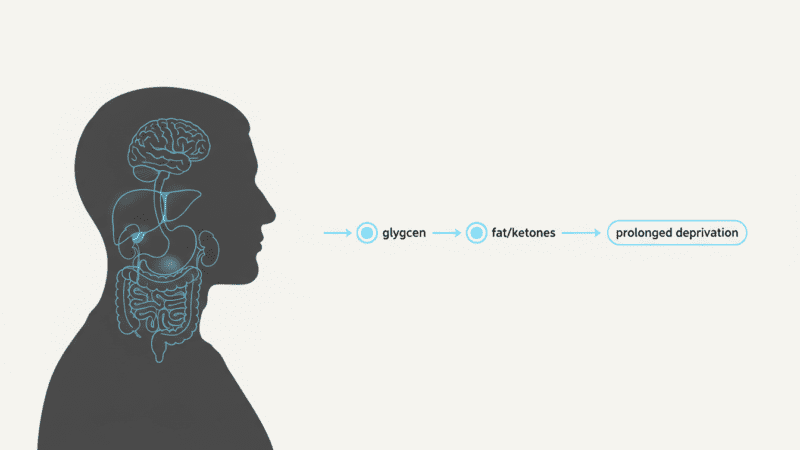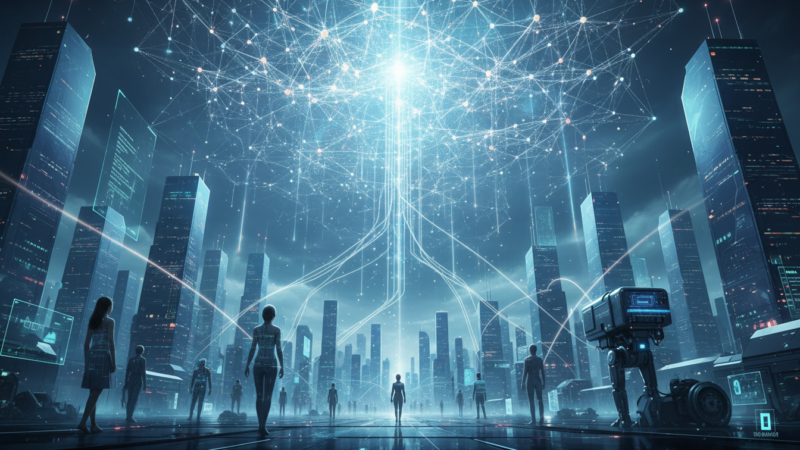After years of rapid change in how and why we travel, 2025 is shaping up to be all about meaningful experiences: culturally immersive trips, sustainability-minded itineraries, and off-peak adventures that prioritize depth over speed. From reopened icons to rising stars, here are the top destinations to put on your radar—along with what to see, when to go, and how to make it unforgettable.
Japan: Tradition Meets Tomorrow
Japan’s blend of immaculate tradition and futurism continues to surge. In 2025, the spotlight widens beyond Tokyo and Kyoto to lesser-known gems.



- Must-see: Tokyo’s teamLab Borderless digital art museum, Kyoto’s revitalized machiya townhouses, and Osaka’s street-food lanes in Dotonbori. In Kanazawa, explore contemporary art at the 21st Century Museum and samurai districts without the Tokyo crowds.
- Unique experiences: Ride the Hokuriku Shinkansen extension to the Noto and Toyama regions for coastal cuisine and glass-smooth ryokan stays; time a visit to Naoshima’s art islands; join a tea harvest in Shizuoka.
- When to go: Late March–April for blossoms, or November for fiery foliage and thinner crowds.
Morocco: Modern Energy, Timeless Craft
Morocco’s creative scene is booming, with new design-forward riads and culinary studios complementing its historic medinas.



- Must-see: Marrakech’s Jardin Majorelle and Yves Saint Laurent Museum, Fes’s tanneries and artisan quarters, and the blue city of Chefchaouen for sunrise alleys.
- Unique experiences: A desert camp under Saharan stars near Merzouga, Berber bread-making in the Atlas foothills, and a surf-and-tagine week in Taghazout.
- When to go: March–May or September–November for pleasant temperatures.
New Zealand: Epic Nature, Slow Adventure
With expanded trails and a renewed focus on conservation, Aotearoa is a pilgrimage for hikers, wine lovers, and road-trippers.



- Must-see: South Island’s Milford Sound and the Routeburn Track; North Island’s geothermal Rotorua and Māori cultural centers.
- Unique experiences: Stargaze in Aoraki Mackenzie International Dark Sky Reserve, e-bike vineyard-to-vineyard in Marlborough, and kayak glowworm caves in Waikato.
- When to go: November–April for the best trekking weather; book Great Walks early.
Slovenia: Europe’s Green Heart
Compact yet wildly diverse, Slovenia is perfect for travelers who want Alpine drama, Mediterranean charm, and sustainability baked into every step.



- Must-see: Lake Bled’s island church at dawn, fairytale Lake Bohinj, and Ljubljana’s riverside cafes and Art Nouveau facades.
- Unique experiences: Sleep in a forest glamping pod near Soča Valley, and forage with a local guide.
- When to go: May–September for alpine lakes, or December for festive markets with fewer crowds.
Colombia: Color, Coffee, and Caribbean Hues
Colombia’s creative renaissance is on full display with elevated gastronomy, design hotels, and reopened heritage sites.



- Must-see: Cartagena’s walled city, Medellín’s Metrocable views and vibrant barrios, and the wax palms of Cocora Valley.
- Unique experiences: Stay on a family-owned coffee finca in Salento, salsa through Cali’s live music clubs, and dive coral gardens off the Rosario Islands.
- When to go: December–March for clearer skies; shoulder seasons for good value.
The Azores, Portugal: Atlantic Wilds Reimagined
These volcanic isles are Europe’s answer to Iceland’s nature—without the crowds.



- Must-see: São Miguel’s crater lakes at Sete Cidades, geothermal cozidos in Furnas, and hydrangea-framed roads in summer.
- Unique experiences: Whale-watching off Pico, canyoning down fern-wrapped waterfalls, and soaking in oceanside hot springs at night.
- When to go: May–October for outdoor activities; pack layers for changeable weather.
South Korea: Pop Culture Meets Heritage
Thanks to global K-culture and new design districts, Korea is an exhilarating blend of cutting-edge and deeply traditional.



- Must-see: Seoul’s palaces and Bukchon Hanok Village, Busan’s coastal temples, and Jeju’s lava tubes and beaches.
- Unique experiences: A temple stay at Haeinsa, jjimjilbang spa rituals, a K-drama filming locations tour, and night markets for late-evening eats.
- When to go: April–June and September–October for mild weather and festivals.
Türkiye’s Turquoise Coast: Ancient Ruins, Azure Coves
The Aegean and Mediterranean meet along a coastline of Lycian tombs and yacht-dotted bays.



- Must-see: Kaş and Kalkan’s terraced towns, Patara’s endless sands, and the ancient ruins of Xanthos and Olympos.
- Unique experiences: Sail a gulet between hidden coves, paraglide over Ölüdeniz’s blue lagoon, and hike sections of the Lycian Way.
- When to go: May–June and September–October for warm seas and fewer crowds.
Namibia: Sculpted Deserts and Star Fields
Namibia’s otherworldly landscapes are tailor-made for photographers and solitude seekers.



- Must-see: The towering dunes of Sossusvlei, wildlife-rich Etosha National Park, and the lunar valleys near Swakopmund.
- Unique experiences: Track desert-adapted elephants with conservationists, stargaze in the NamibRand Dark Sky Reserve, and learn Himba cultural traditions respectfully with local guides.
- When to go: May–October for clear skies and wildlife viewing.
Canada’s Atlantic Provinces: Coastal Culture and Culinary Calm
The Maritimes are having a moment with world-class seafood and scenic drives.
- Must-see: Nova Scotia’s Cabot Trail, Prince Edward Island’s red sands and lighthouses, and Newfoundland’s iceberg alley in early summer.
- Unique experiences: Forage seaweed for a chef-led feast, kayak with puffins off Witless Bay, and sip small-batch ciders on farm loops.
- When to go: June–September; late spring for icebergs and whales.
Albania: The Adriatic’s Underrated Darling
With prices still friendly compared to its neighbors, Albania’s Riviera and highlands are trending fast.
- Must-see: The Ottoman town of Gjirokastër, UNESCO-listed Berat, and jewel-toned beaches like Ksamil and Himarë.
- Unique experiences: Hike the Accursed Mountains between Theth and Valbona, explore bunkers-turned-museums in Tirana, and sail to Karaburun’s sea caves.
- When to go: May–June and September for warm seas without peak crowds.
Saudi Arabia’s Heritage Circuits: Ancient Worlds Emerging
As the country opens to tourism, its archaeological wonders and desert modernism draw curiosity.
- Must-see: AlUla’s Nabataean tombs at Hegra, Jeddah’s coral-stone Old Town, and Diriyah’s mud-brick palaces near Riyadh.
- Unique experiences: Desert lantern dinners beneath sandstone canyons, rock art tours in Jubbah, and wellness retreats woven into dune landscapes.
- When to go: November–March for comfortable temperatures; dress and travel respectfully with local norms.
Mexico City and Oaxaca: Design, Dining, and Deep Roots
Mexico’s cultural capital and its culinary soul make an unbeatable pairing.
- Must-see: CDMX’s Chapultepec cultural mega-project, Casa Barragán, and canals of Xochimilco; Oaxaca’s Zócalo, Monte Albán, and artisan villages.
- Unique experiences: Book months ahead for top tasting menus, take a masa workshop, visit mezcal palenques, and time a festival like Guelaguetza.
- When to go: October–April for drier weather; Day of the Dead is magical but busy.
Iceland’s North: Beyond the Golden Circle
To dodge the classic loop, head north for steaming lava fields and Arctic light.
- Must-see: Akureyri’s fjords, Mývatn’s pseudocraters, and Dettifoss’s thunderous falls.
- Unique experiences: Winter aurora hunts by super jeep, summer whale-watching in Húsavík, and midnight sun hikes above the Arctic Circle.
- When to go: June–August for long days; September–March for Northern Lights.
Kerala, India: Backwaters and Ayurveda Balance
Slow travel comes naturally in Kerala’s coconut groves and spice-scented hills.
- Must-see: Alleppey’s kettuvallam houseboats, Fort Kochi’s heritage lanes, and Munnar’s tea plantations.
- Unique experiences: Multi-day ayurvedic retreats, toddy shop meals, and turtle-watching on quiet Malabar beaches.
- When to go: November–March for dry, comfortable weather.
Insider Strategies for 2025 Travel
Book shoulder seasons to avoid overtourism while still catching great weather, pair marquee cities with second cities to spread your footprint and discover local scenes, and prioritize locally owned stays and tours for authentic insight and direct community benefit. Aim for slower itineraries with train travel where possible; bring a keep-cup and refillable bottle; and reserve in advance for top restaurants, popular hikes, and limited-entry museums.
Wherever you land in 2025—whether under the neon of Seoul or the stars of Namibia—let curiosity, care, and connection shape your journey.


